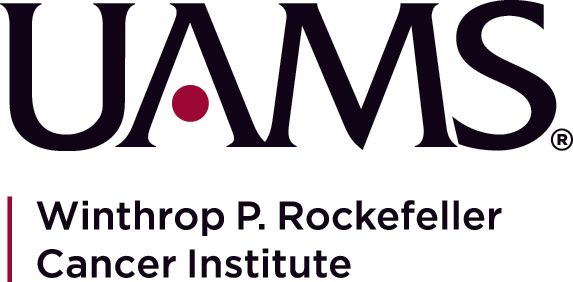- Advertise
- About OncLive
- Editorial Board
- MJH Life Sciences brands
- Contact Us
- Privacy
- Terms & Conditions
- Do Not Sell My Information
2 Clarke Drive
Suite 100
Cranbury, NJ 08512
© 2025 MJH Life Sciences™ and OncLive - Clinical Oncology News, Cancer Expert Insights. All rights reserved.
Dr Williams on the Mechanism of Action of ADCs in Ovarian Cancer
Heather R. Williams, MD, discusses the mechanism of action of antibody-drug conjugates and ADC targets under investigation in patients with ovarian cancer.
Heather R. Williams, MD, assistant professor, Department of Obstetrics and Gynecology – Division of Gynecologic Oncology, University of Arkansas for Medical Sciences, discusses the mechanism of action of antibody-drug conjugates (ADCs) and ADC targets under investigation in patients with ovarian cancer.
ADCs are comprised of a potent chemotherapy agent that is too toxic to give in isolation, combined with an antibody that only allows the chemotherapy to be released once it enters the tumor cells, which it then kills, Williams explains. This technology will continue to provide patients with ovarian cancer with tolerable targeted therapy options, especially as researchers learn more about ADC targets that are uniquely expressed on tumor cells, according to Williams.
Many potential ADCs for patients with ovarian cancer are being evaluated in early phase 1 trials and have yet to receive official drug names, Williams says. The continued investigation of ADCs in this population is supported by the regulatory approvals for, and successful use of, ADCs in other cancer types, such as cervical cancer and multiple myeloma, Williams explains. For example, the FDA granted accelerated approval to the ADC tisotumab-vedotin-tftv (Tivdak) in 2021 for patients with recurrent or metastatic cervical cancer who experience disease progression on or after chemotherapy. In the relapsed/refractory multiple myeloma treatment landscape, the ADC belantamab mafodotin-blmf (Blenrep) was approved by the FDA in 2020 for patients who have received 4 prior therapies.
The oncology treatment arena includes many targets for ADCs, Williams notes. Currently, the main ADC targets in ovarian cancer are NaPi2b and folate receptor α (FRα). The phase 1/2 UPLIFT trial (NCT03319628) investigated the NaPi2b-directed ADC upifitamab rilsodotin (XMT-1536). However, this trial failed to meet its primary end point of investigator-assessed overall response rate in patients with NaPi2b-positive disease. For patients with FRα-positive, platinum-resistant ovarian cancer who have received between 1 and 3 prior systemic therapies, the ADC mirvetuximab soravtansine-gynx (Elahere) is approved. The 2022 FDA accelerated approval of this agent was supported by findings from the phase 3 SORAYA trial (NCT04296890).


